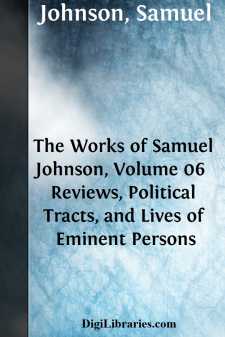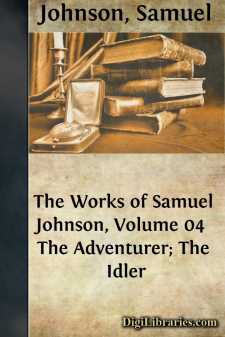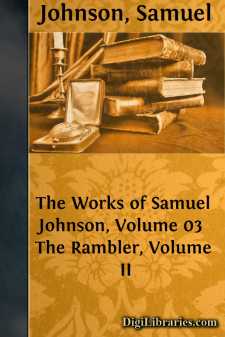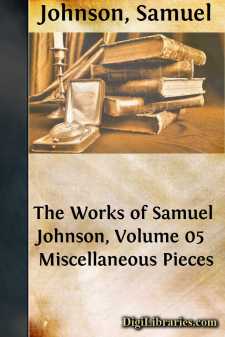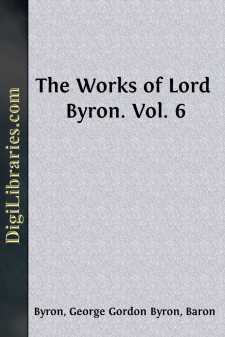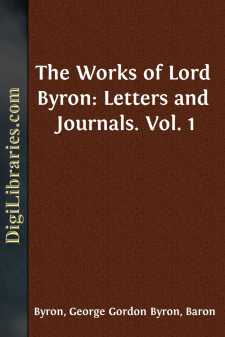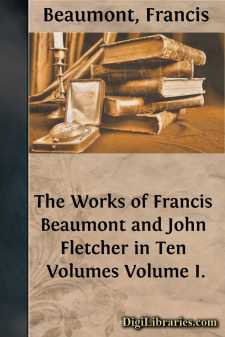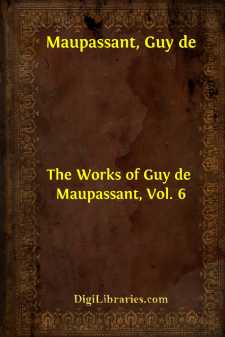Fiction
- Action & Adventure 180
- Biographical 15
- Christian 59
- Classics
- Coming of Age 5
- Contemporary Women 3
- Erotica 8
- Espionage/Intrigue 12
- Fairy Tales, Folklore & Mythology 236
- Family Life 169
- Fantasy 117
- Gay 1
- General 596
- Ghost 32
- Historical 808
- Horror 43
- Humorous 160
- Jewish 25
- Legal 4
- Medical 22
- Mystery & Detective 315
- Political 49
- Psychological 41
- Religious 64
- Romance 159
- Sagas 11
- Science Fiction 730
- Sea Stories 113
- Short Stories (single author) 537
- Sports 10
- Suspense 1
- Technological 8
- Thrillers 2
- Urban Life 31
- Visionary & Metaphysical 1
- War & Military 173
- Westerns 199
Classics Books
Sort by:
by:
Samuel Johnson
REVIEWS. LETTER ON DU HALDE'S HISTORY OF CHINA, 1738. There are few nations in the world more talked of, or less known, than the Chinese. The confused and imperfect account which travellers have given of their grandeur, their sciences, and their policy, have, hitherto, excited admiration, but have not been sufficient to satisfy even a superficial curiosity. I, therefore, return you my thanks...
more...
Of the seventy-three "Epigrams and Jeux d'Esprit," which are printed at the commencement of this volume, forty-five were included in Murray's one-volume edition of 1837, eighteen have been collected from various publications, and ten are printed and published for the first time. The "Devil's Drive," which appears in Moore's Letters and Journals, and in the sixth...
more...
by:
Samuel Johnson
THE ADVENTURER. No. 34. SATURDAY, MARCH 3, 1753. Has toties optata exegit gloria pænas. Juv. Sat. x. 187. Such fate pursues the votaries of praise. TO THE ADVENTURER. SIR, Fleet Prison, Feb. 24. To a benevolent disposition, every state of life will afford some opportunities of contributing to the welfare of mankind. Opulence and splendour are enabled to dispel the cloud of adversity, to dry up the...
more...
by:
Samuel Johnson
THE RAMBLER. No. 106. SATURDAY, MARCH 23, 1751. Opinionum commenta delet dies, naturæ judicia Confirmat. CICERO, vi. Att. 1. Time obliterates the fictions of opinion, and confirms the decisions of nature. It is necessary to the success of flattery, that it be accommodated to particular circumstances or characters, and enter the heart on that side where the passions stand ready to receive...
more...
by:
Samuel Johnson
MY LORD, When first I undertook to write an English Dictionary, I had no expectation of any higher patronage than that of the proprietors of the copy, nor prospect of any other advantage than the price of my labour. I knew that the work in which I engaged is generally considered as drudgery for the blind, as the proper toil of artless industry; a task that requires neither the light of learning, nor...
more...
INTRODUCTION TO DON JUAN Byron was a rapid as well as a voluminous writer. His Tales were thrown off at lightning speed, and even his dramas were thought out and worked through with unhesitating energy and rapid achievement. Nevertheless, the composition of his two great poems was all but coextensive with his poetical life. He began the first canto of Childe Harold in the autumn of 1809, and he did not...
more...
PREFACE Two great collections of Byron's letters have been already printed. In Moore's 'Life', which appeared in 1830, 561 were given. These, in FitzGreene Halleck's American edition of Byron's 'Works', published in 1847, were increased to 635. The first volume of a third collection, edited by Mr. W. E. Henley, appeared early in 1897. A comparison of the number...
more...
by:
Francis Beaumont
TO THE READER. Poetry is the Child of Nature, which regulated and made beautifull by Art, presenteth the most Harmonious of all other compositions; among which (if we rightly consider) the Dramaticall is the most absolute, in regard of those transcendent Abilities, which should waite upon the_ Composer; who must have more then the instruction of Libraries which of it selfe is but a cold contemplative...
more...
by:
Henry Fielding
PROLOGUE, SPOKEN BY MR JONES Too long the Tragick Muse hath aw'd the stage,And frighten'd wives and children with her rage,Too long Drawcansir roars, Parthenope weeps,While ev'ry lady cries, and critick sleepsWith ghosts, rapes, murders, tender hearts they wound,Or else, like thunder, terrify with soundWhen the skill'd actress to her weeping eyes,With artful sigh, the handkerchief...
more...
When the cashier had given him the change out of his five francpiece, George Duroy left the restaurant. As he had a good carriage, both naturally and from his military training, he drew himself up, twirled his moustache, and threw upon the lingering customers a rapid and sweeping glance—one of those glances which take in everything within their range like a casting net. The women looked up at him in...
more...


